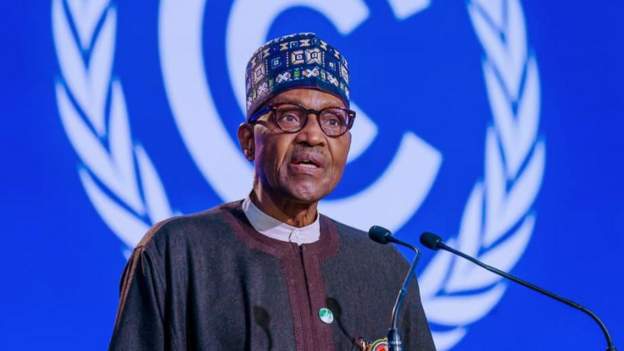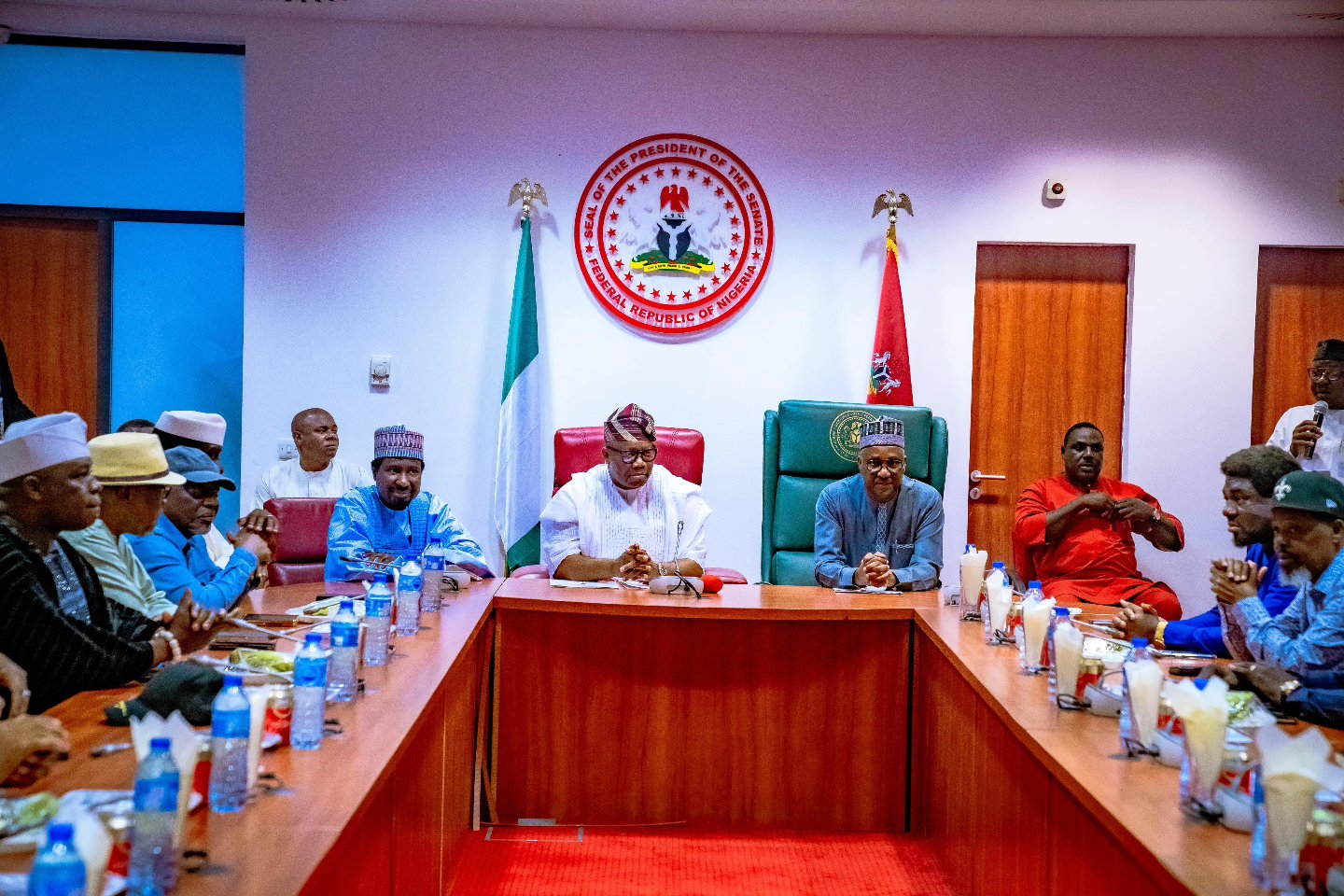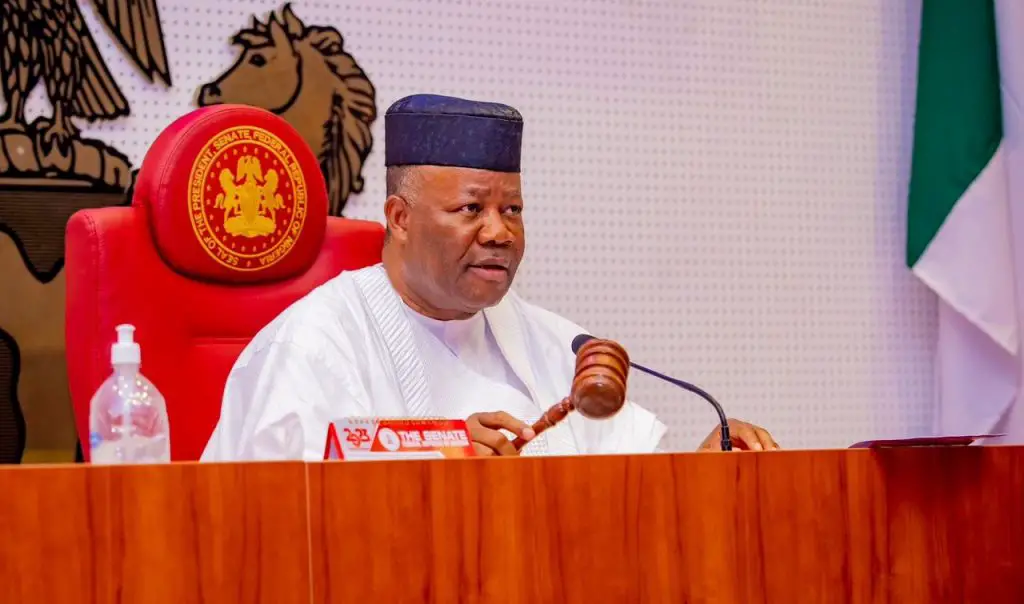Economy
Red Flags Raised: ‘Nigeria’s Economy Threatened By Rising Debt,” – Budget Office Boss

-
The Budget Office of the Federation has warned about Nigeria’s limited borrowing space.
-
The country already has a poor debt-to-revenue ratio, which may lead to financial crisis if exceeded.
-
Despite having a low debt-to-GDP ratio, Nigeria’s debt service ratio is too high as revenue is too small to sustain its debt.
EKO HOT BLOG reports that the Budget Office of the Federation has cried out about the debt burdens of the country, saying we have “limited borrowing space.”
The Director-General of the Budget Office, Ben Akabueze, has disclosed that “trouble” looms for the country if it exceeds its borrowing limits because the country already has a poor debt-to-revenue ratio.
EDITOR’S PICKS
-
Call For mercy: Omokri Urges Buhari To Intervene In Ekweremadu’s Case
-
NEDC: Buhari Urges Senate to Confirm 12 Nominees for Governing Board
-
All Nigerians Stranded In Sudan Are Now Back Home Safely –FG
According to him, from all indications, Nigeria can not even be classified as an oil rich country because the economy is not rich.
Akabueze made this disclosure while addressing members-elect of the 10th National Assembly at their week-long induction ceremony in Abuja on Wednesday.
The Budget Office boss added that while Nigeria has a population of over 200 million, “we are currently pumping about 1.9 million barrels per day.”
He submitted that while Nigeria remains healthy with its debt-to-GDP ratio, the country is not with its debt-to-revenue ratio.
Akabueze, was speaking to the newly elected and returning members of the National Assembly, which is responsible for the consideration, amendment and passage of annual budgets of the Federal Government as well as economic bills like the Finance Bill.
The budget office boss explained that “you may have heard that we have one of the lowest Gross Domestic Products-to-debt ratios in the world. While the size of the FG budget for 2023 created some excitement, the aggregate budget of all the governments in the country amounts to about N30 trillion. That is less than 15 per cent in terms of ratio to GDP.
“Even on the African continent, the ratio of spending is about 20 per cent. South Africa is about 30 per cent; Morocco is about 40 per cent. And at 15 per cent, that is too small for our needs. That is why there is fierce competition for limited resources.
“That can determine how much we can relatively borrow. We now have very limited borrowing space; not because our debt to GDP is high, but because our revenue is too small to sustain the size of our debt. That explains our high debt service ratio. Once a country’s debt service ratio exceeds 30 per cent, that country is in trouble and we are pushing towards 100 per cent, and that tells you how much trouble we are in.
“We have limited space to borrow. When you take how much you can generate in terms of revenue and what you can reasonably borrow, that establishes the size of the budget. The next thing would be to pay attention to the government’s priorities regarding what projects gets what.
“Nigeria should not be classified as an oil-rich economy. We are not even an oil-rich economy. To classify oil-rich economies, you talk of countries like Saudi Arabia, where there are 34 million of them and pump 10 million barrels of crude per day, or Kuwait where there are 3 million of them and pump three million barrels per day.
“So, we are not a rich economy and must resist the temptation that we are an oil-rich economy. Let me make it clear that we are potentially rich countries, but we are not.”
FURTHER READING
-
Hope For Ekweremadu? Legal Expert Suggests Pardon Request During King Charles’ Ascension
-
Ekweremadu’s Imprisonment: Ohanaeze Ndigbo Accuses FG of Abandonment
-
Labour Party Chaos: Kenneth Okonkwo Laughs Off Suspension By Party Faction
Akabueze said he disagree that Nigeria is not short of development plans, saying “I disagree because a plan that cannot speak to implementation is not a good plan.”
The DG pointed out that development plans in Nigeria date back to the early 90s. “But you can argue that it has not been successful in the desired manner. Annual budgets are essentially back sizes of development plans. They contain achievable objectives within a year. A budget that sits outside the development plan is not a good budget.”
Click to watch our video of the week
Advertise or Publish a Story on EkoHot Blog:
Kindly contact us at [email protected]. Breaking stories should be sent to the above email and substantiated with pictorial evidence.
Citizen journalists will receive a token as data incentive.
Call or Whatsapp: 0803 561 7233, 0703 414 5611















